Lacklustre attack ‘may push Iran towards nuclear bomb’
It’s described as being just a ‘screw turn away’ from enriching weapons-grade uranium and heightened tensions in the Middle East could accelerate Tehran’s ambitions. But would Iran use nuclear weapons against Israel?
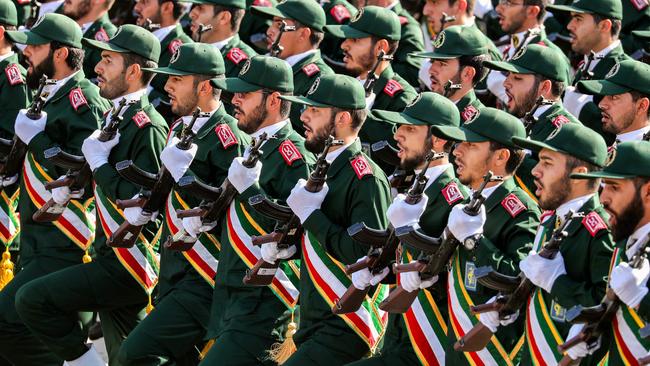
Iran has “never been closer” to accelerating its nuclear weapons programme towards building a bomb, as Tehran’s deterrence from attack by Israel is diminished by the failed drone and missile raid at the weekend, experts have warned.
The escalating conflict in the Middle East has revived fears that Tehran will redouble efforts on its nuclear programme, described as being just a “screw turn away” from enriching weapons-grade uranium.
Tehran has in recent years used the programme, which dates from the 1980s, as leverage to end sanctions and extract concessions from the West, while establishing itself as a regional power through proxies and allies scattered throughout the Middle East.
However, as fears grow of an Israeli reaction to Iran’s attack, there are suggestions that Tehran is ready to go further. Although Iran telegraphed its raid overnight on Saturday, giving Israel and its allies ample time to intercept the missiles and drones, it exposed how the country’s outdated aircraft and defences would be no match for Israel’s in a full-blown war.
This, said Ali Vaez, who heads the Iran Project at International Crisis Group, could have consequences for its nuclear programme. “I think the attack, which was designed to be spectacular but not fatal, really puts on display the limits to Iran’s deterrence,” he said.
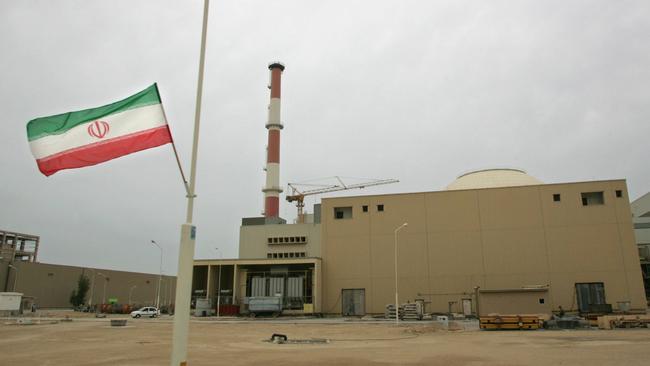
“One consequence of this that could be very dangerous, regardless of the triumphalist rhetoric coming out of Tehran today, is that if their regional deterrence is diminished ... Iran is likely to consider the ultimate deterrent, which comes in the form of nuclear weapons. They’ve never been closer.”
Although Iran could build a bomb within a year, according to experts, it would take a difficult decision by its clerical regime to go down a path that would change the face of the region.
“Iran has the technical capabilities to produce nuclear weapons. Currently Tehran is a screw turn away from producing weapons-grade uranium,” said Kelsey Davenport, an expert on Iran’s nuclear programme and director of non-proliferation policy at the Arms Control Association. “If Iran made the decision to build a weapon it could probably do it in six months.”
The war in Gaza, which has sucked Iran and its allies in Lebanon and Yemen into an ever-escalating conflict with Israel, would not be the only reason some in Tehran might argue for nuclear deterrence. Iran has been closely involved with Russia in its war in Ukraine, and would have noted that President Putin’s nuclear bombs have set clear red lines for the United States and other Nato allies of Kyiv.
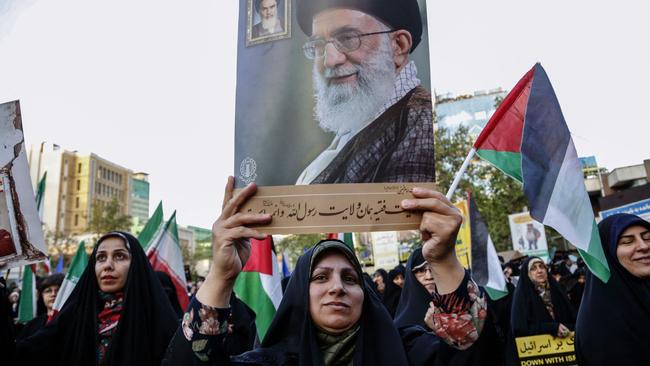
“Over the past 24 months there has been maybe some re-evaluation about the nuclear programme, where before the nuclear programme was seen as a tool of leverage,” Sanam Vakil, the director of Chatham House’s Middle East programme, said. “There are strategic thinkers in Tehran that see Russia’s position as somewhat protected because of the nuclear deterrent.”
Iran increased its levels of uranium enrichment after the US withdrew in 2018 from a treaty that controlled Tehran’s nuclear programme in exchange for sanctions relief. It is now producing 60 per cent enriched uranium, which is sufficient for a rudimentary, though unwieldy, bomb, says Davenport, but it could easily enrich that to the weapons-grade 90 per cent.
Fitting the uranium into a warhead and on a missile would prove more difficult, but not impossible. “Iran has never tested a nuclear device. Certainly Tehran will face challenges in the weaponisation process, but US intelligence has long assessed that Iran has the necessary capacity to build a bomb,” Davenport said.
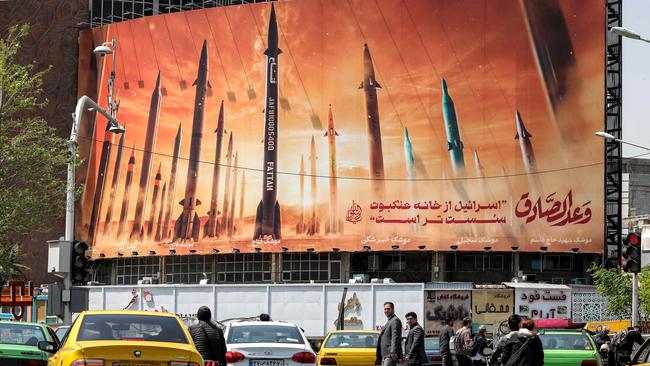
UN inspectors still have access to Iranian nuclear facilities and would be quick to pick up on enrichment, but all it would take is a week - with some engineered mishaps that prevent access to the inspectors - to be completed. The inspectors would have no access to sites that did not contain nuclear material where other components could be manufactured, and western and Israeli intelligence agencies might not pick up on the activity until it was too late.
Experts caution, however, that it is not certain Iran will pursue a nuclear weapon, which runs the risk of provoking Israel into a war. Israel has pledged to prevent Iran from acquiring a bomb and has allegedly assassinated several Iranian nuclear scientists. An Iranian nuclear bomb could also prompt an arms race in the Middle East, several Arab governments have warned.
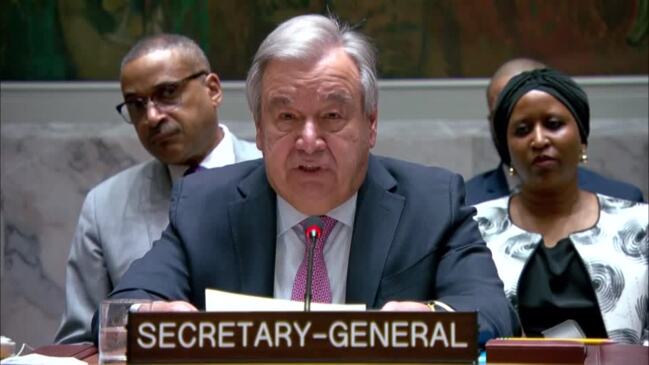
“Capability wise they are very close,” Abdolrasool Divsallar, a non-resident scholar at the Middle East Institute, said. “The political decision to build a bomb is not there. I don’t think we are in a situation where Tehran would see a benefit in moving toward a warhead because the cost could be much more.”




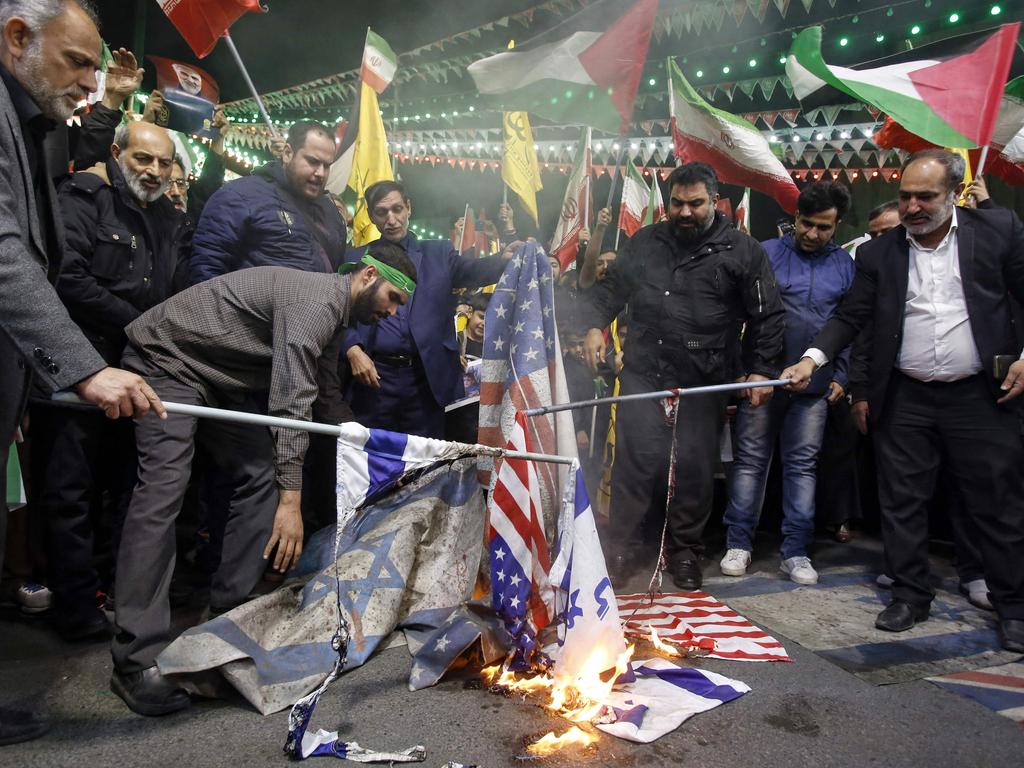
To join the conversation, please log in. Don't have an account? Register
Join the conversation, you are commenting as Logout